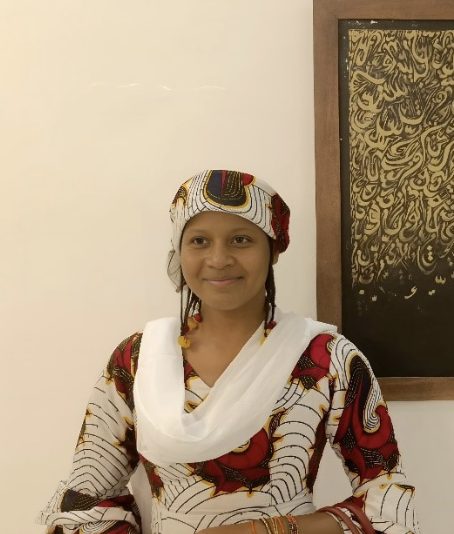Blog
Reflections on the Consultative Workshop to Advance the Marrakesh Declaration
A reflection piece on the Workshop in Addis Ababa to advance the Marrakesh Declaration by Maimouna BA
As part of the Joint Initiative for Strategic Religious Action Programme (JISRA), the Network for Religious and Traditional Peacemakers led a two-day consultative workshop (8-9 June 2024) in Addis Ababa, Ethiopia, with over 20 religious leaders and actors from across Africa. These leaders represented diverse communities and worked to advance the implementation of the Marrakech Declaration (2016). This Declaration was issued by over three hundred Muslim scholars, politicians, activists, and interfaith observers as a concerted response to the persecution and violence against ethnic and religious minorities in Muslim-majority states. Maimouna BA, a participant from the workship, reflected upon her experience:
• • •
I enjoyed the opportunity to participate in the consultation workshop on advancing the implementation of the Marrakesh Declaration. It was an inspiring event. First of all, I was particularly impressed by the commitment of participants to bridge gaps and promote harmony across religious lines. The Marrakesh Declaration emerged as a powerful tool for fostering collaboration and shared values, and I was able to learn about it as a result of the workshop.
As an advocate for women’s empowerment and humanitarian causes, I see the Marrakesh Declaration as a catalyst for positive change. Its emphasis on interfaith engagement aligns with my mission to create incluse spaces where diverse voices are heard. I believe that by implementing the declaration’s principles, we can build bridges, break down stereotypes, and promote a more compassionate world.
The connections made during the workshop will undoubtedly enhance my work in promoting peace and understanding within my community. For me, this meeting is primarily a form of theraphy to alleviate my crises of faith. Sometimes, we question our religious convictions and experience moments of uncertainty. These doubts are what I refer to as ‘crisis of faith.’
Recently, I was discussing with my Catholic friends present here about my best friend. She is Catholic, while I am Muslim, and out relationship goes beyond mere friendship; it leans toward fraternity. When I hear hateful remarks and incitements to violence against those who do not share our beliefs, I feel lost and helpless. She is not just a friend; she is like a family member to me. I am incapable of causing her harm, and I would never tolerate anyone wishing her ill. I call her when I am sick at home, at any hour, and she takes me to the hospital. I also confide in her about concerns I wouldn’t share with anyone else.
So, hearing about a declaration or character from the time of the Prophet (peace be upon him) that governs relations and promotes peaceful relationships between Muslims and non-Muslims reinforces my conviction that I have chosen the right path. It heals my crisis of faith. My Islam is one of peace, tolerance, and peaceful coexistence.

About Maimouna BA
Maimouna BA is a Burkinabè activist, founder of the Maman Sahélienne Foundation, and president of the association Femmes pour la dignité du Sahel. With a passion for social change, she has participated in various international events, advocating for Peace, women’s rights, education, and community development. She is a laureate of the United Nations Young Activists Summit price 2023.
Follow the Network on social
